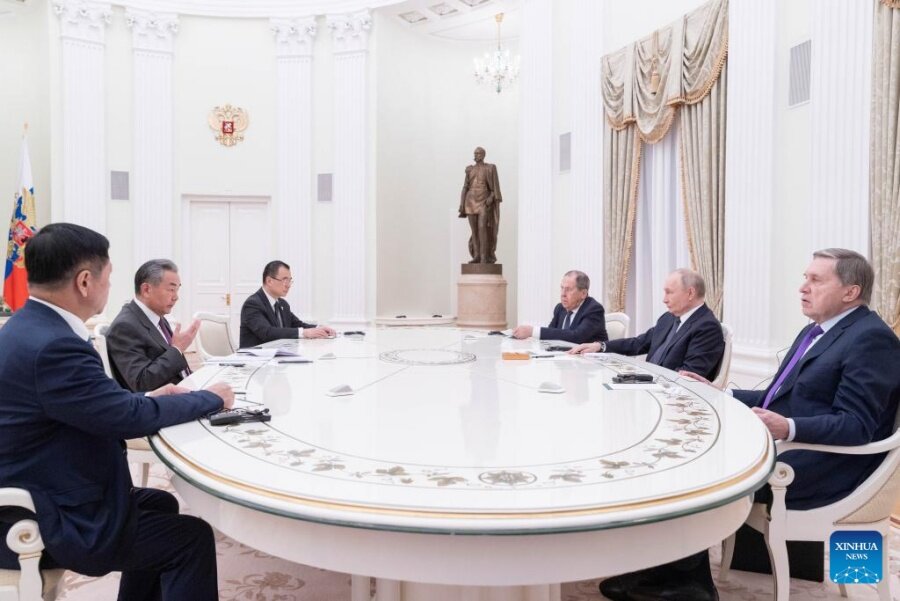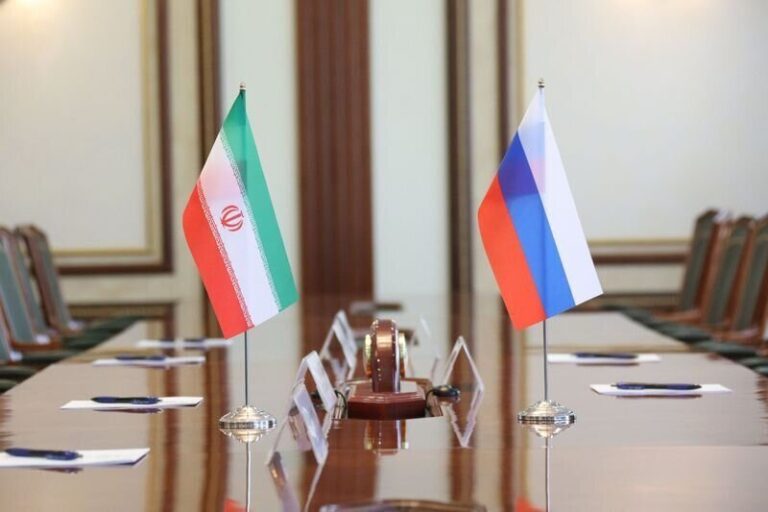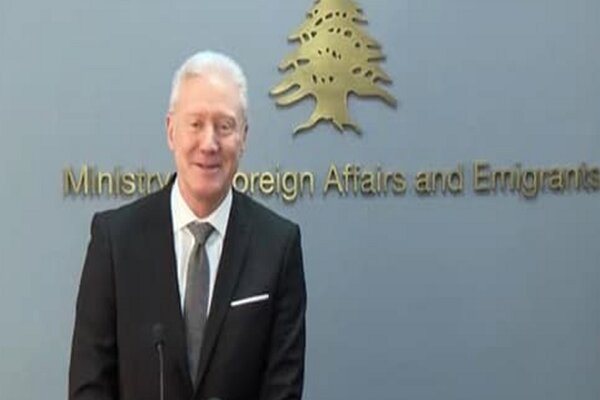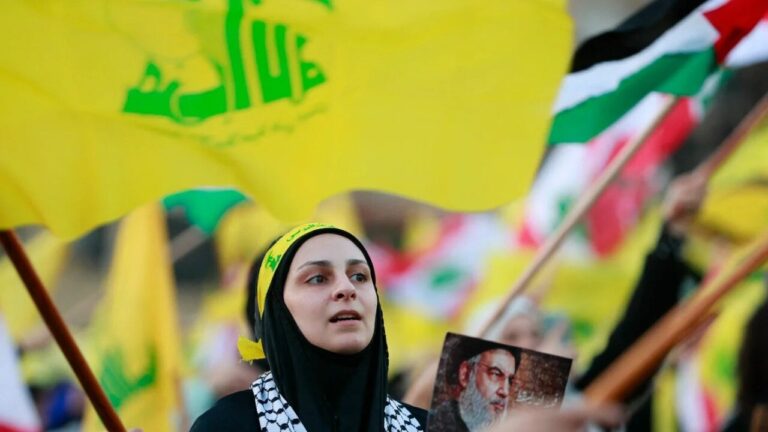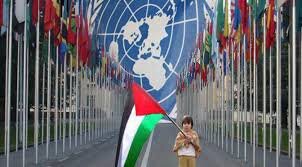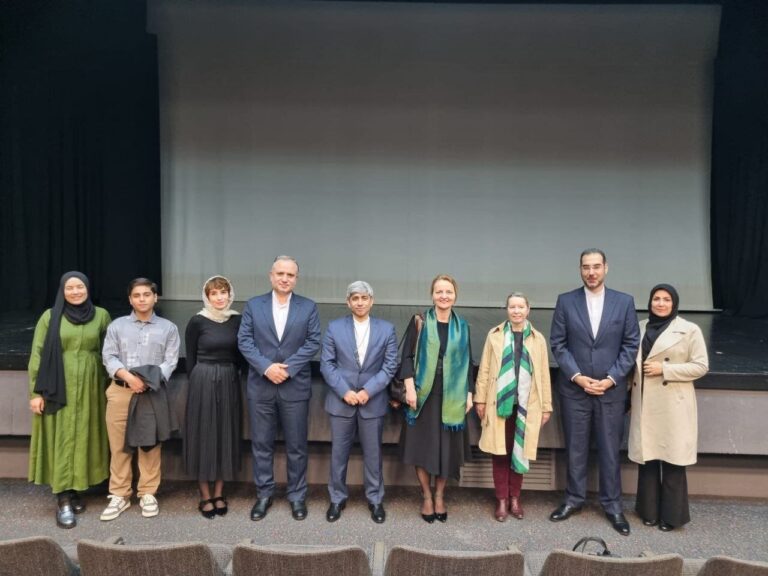Strengthening Global Ties: Wang Yi’s Russia Visit Showcases China’s Dedication to Multilateralism and Global Stability
BEIJING – The recent three-day visit of Foreign Minister Wang Yi to Russia has underscored China’s commitment to fostering global peace and stability, particularly in addressing the ongoing Russia-Ukraine conflict. This diplomatic engagement highlights China’s active role on the international stage and its dedication to multilateralism.
Wang Yi’s official trip to Russia, which took place from Monday to Wednesday, involved high-level discussions with key Russian officials, including President Vladimir Putin and Foreign Minister Sergey Lavrov. During their meeting at the Kremlin on Tuesday, Wang emphasized the importance of advancing multilateralism and democratizing international relations, asserting that both China and Russia are united in reinforcing the central role of the United Nations in the global framework.
Wang made it clear that the partnership between Beijing and Moscow is not directed against third parties and remains unaffected by external interference. In a noteworthy statement, Putin mentioned his upcoming meeting with President Xi Jinping during the World War II victory celebrations in Moscow on May 9. He expressed anticipation for discussions on bilateral relations and collaboration in international forums such as the UN Security Council, the Shanghai Cooperation Organization, and BRICS.
The dialogue between the Chinese and Russian foreign ministers also focused on the pressing need to address the underlying issues of the Ukraine conflict. Wang and Lavrov exchanged views on the prospects for a peaceful resolution, underlining the necessity of tackling the root causes of the crisis. According to the Russian Foreign Ministry, they also touched upon various regional issues, including the situation on the Korean Peninsula, Iran’s nuclear program, and developments in Central Asia.
In an exclusive interview with Russia Today in Moscow, Wang praised a new model of major-country relations characterized by non-alliance, non-confrontation, and avoiding targeting any third parties. He described this model as a crucial stabilizing force in a world that is experiencing significant changes.
China’s initiatives aimed at resolving the Ukraine crisis signal its commitment to multilateralism and global stability. Shen Shiwei, a research fellow and expert in international relations based in Beijing, commented that “Europe is not on the negotiation table regarding the Ukraine conflict and is often overlooked and even undermined by the US.” He noted that in recent years, China has played a vital role in promoting peace and stability in West Asia. For instance, in 2023, China facilitated a rapprochement between Iran and Saudi Arabia. Additionally, a deal mediated by China between Hamas and Fatah was signed in Beijing in July 2024, aimed at resolving disputes between these Palestinian factions.
As a representative of the Tehran Times in Beijing, I sought Shen Shiwei’s insights on the potential implications of Wang Yi’s visit to Russia for resolving the Ukraine conflict. He stated, “China welcomes and supports all efforts for peace, including the US-Russia talks. As Chinese Foreign Minister Wang Yi has reiterated, China is ready to play a constructive role in resolving the war in Ukraine.” He emphasized that China has consistently called for a political settlement through dialogue and negotiation since the onset of the crisis.
I asked Shen whether China could assume a similarly pivotal role in the Russia-Ukraine conflict as it did in facilitating reconciliation between Iran and Saudi Arabia. He remarked, “The situation is different. To conclude the Russia-Ukraine conflict, a security framework that includes European countries is essential. However, Europe has been sidelined and often disregarded, even undermined by the US, which complicates efforts toward a comprehensive peace agreement.”
Furthermore, I inquired about how China’s policies shape its approach to various international issues, especially concerning Iran’s nuclear program. Shen responded, “Regarding Iranian nuclear issues, we recognize that the Trump administration has intensified pressure on Tehran. We can refer back to the joint statement issued by China, Russia, and Iran on March 14 concerning the Iranian nuclear deal. Chinese Foreign Minister Wang Yi has articulated a five-point keynote summarizing Beijing’s stance, emphasizing that Iran should adhere to its commitment not to develop nuclear weapons while all parties should fully respect Iran’s rights as a signatory of the Treaty on the Non-Proliferation of Nuclear Weapons to peacefully utilize nuclear energy.”
On March 14, 2025, the Chinese foreign minister hosted Iranian Deputy Foreign Minister Kazem Gharibabadi and Russian Deputy Foreign Minister Sergey Ryabkov at the Diaoyutai State Guest House in Beijing, where discussions centered on Iran’s nuclear program. Earlier that day, Chinese Vice Foreign Minister Ma Zhaoxu engaged in talks with the Iranian and Russian deputy foreign ministers at the same venue. Following the meeting, a joint statement underscored the necessity to fully respect Iran’s right to peaceful uses of nuclear energy as a State Party to the NPT.
Recently, Trump has issued threats to bomb Iran unless an agreement is reached regarding its nuclear activities. Iran has condemned these threats as an “affront” to global peace and security, a violation of the UN Charter, and a betrayal of the safeguards established by the International Atomic Energy Agency (IAEA).
Overall, Wang Yi’s visit to Russia signifies a pivotal moment in China’s diplomatic efforts to promote peace and stability on the global stage, particularly in the context of the ongoing Ukraine conflict and broader international relations.
